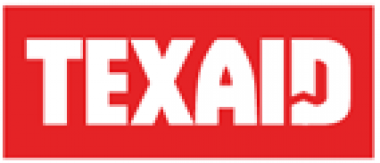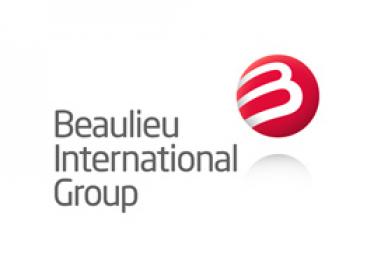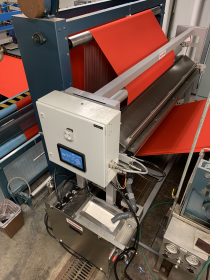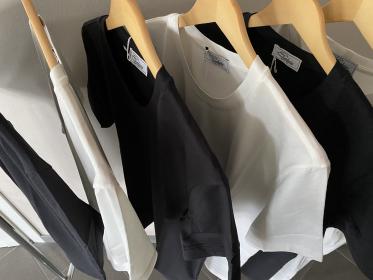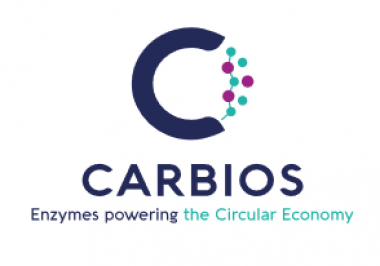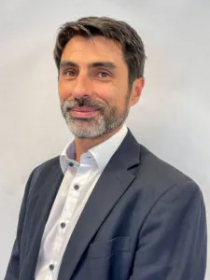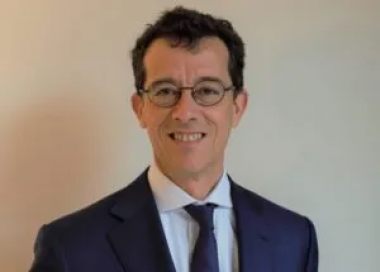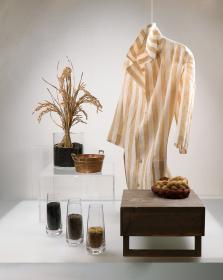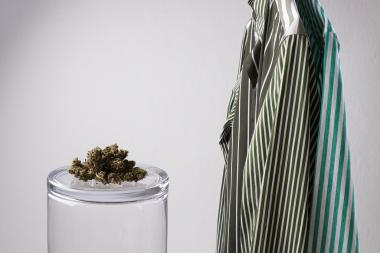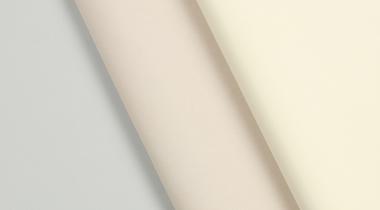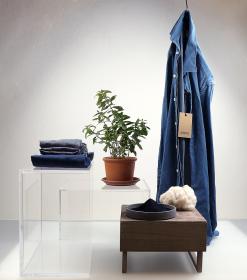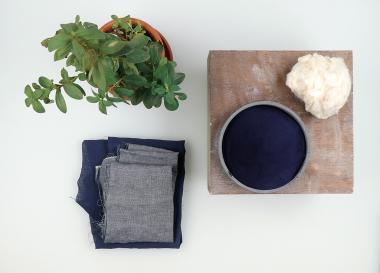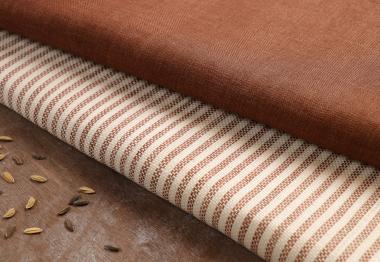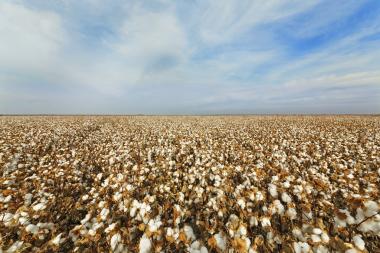Fraunhofer UMSICHT: Start for Life Cycle Impact Zero Project
The electrolyser producer Enapter has set itself the goal of developing its entire production process to run without negative impacts on the environment. As an important step on this journey, it is building the Enapter Campus production facility, which will be powered entirely from renewable energy produced on-site and in the neighbouring Bioenergiepark. The site in in Saerbeck, North Rhine-Westphalia combines electrolyser production, an R&D building, administration and office space, as well as a cantine over 82,000 square metres. Now the company wants to investigate what other measures can be implemented to achieve its “Life Cycle Impact Zero” aspirations – together with researchers from Fraunhofer UMSICHT, the Wuppertal Institute and the Institute of Sustainable Nutrition (iSuN) of FH Münster.
With the Life Cycle Impact Zero project, started on April 15, 2022, the parties want to develop and apply an especially comprehensive and holistic approach to environmental assessment. This includes chemical manufacturing and electrolyser production, as well as matters like the use of energy and water resources, the generation of waste or the human factor in general. This is intended to cover all interactions between business and people. That includes, in particular, Enapter’s employees, but also people in upstream and downstream value chains, users of the technology or residents close to the production site. A concept for sustainable employee catering is also being developed.
The basis for all environmental assessment that will be carried out is ISO 14040. The recognised international standard divides the research into four phases: Aim and scope of the study, inventory analaysis, impact assessment, as well as interpretation. Sensitivity analyses and scenario techniques are also used as further methods.
On the basis of these analyses, the 18-month project should derive concrete measures to avoid negative environmental impacts completely, if possible, for example in production, employee mobility or in energy supply. Furthermore, it will examine whether these measures are transferable to Enapter’s other locations – such as in Italy. Following on from the project, the steps defined should be implemented by Enapter in the next phase. In the subsequent Phase 3, a renewed analysis is planned. This will determine if the technological innovations achieved by then in the production and use of Enapter’s electrolysers can enable additional ecological improvements.
The Life Cycle Impact Zero project is supported by the State of NRW.
Fraunhofer UMSICHT







